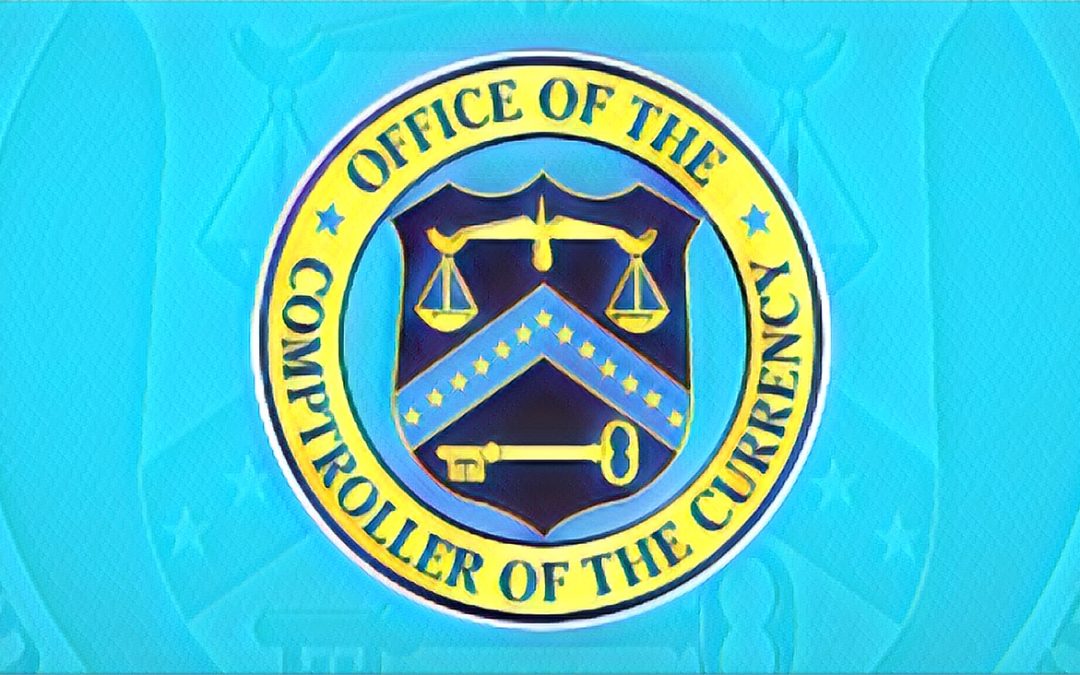The OCC recently published its draft licensing manual for FinTech companies interested in limited-purpose national bank charters. Although not participating in all banking activities, OCC chartered FinTech companies would still need to comply with all federal banking regulations.
FinTech businesses providing consumer and small business lending would be required to submit financial inclusion plans as part of the chartering process. The financial inclusion plans include goals, approach, activities and milestones for meeting the needs of underserved communities and are enforceable under the chartering guidelines. The plans will be published for public comment.
The OCC FinTech charters will potentially allow short term, small dollar consumer lenders to get licensed federally and bypass state usury laws in the process. The federal government does not currently regulate interest rates, but instead allows states to make this determination. As economic arms of sovereign tribal governments, tribal lending enterprises are not subject to state lending and usury laws. Federal FinTech charters have to potential to bring all short term, small dollar lenders on an even playing field nationally.
Although the OCC is moving quickly to offer the charters, the office is receiving considerable pushback from Congressional Republicans. Congressional Republicans, led by House Financial Services Committee Chairman Jeb Hensarling (R- TX), are asking the OCC to halt the addition of FinTech to the bank licensing manual and solicit feedback from all interested stakeholders. Comptroller Curry’s appointment with the OCC is slated to end in April.


